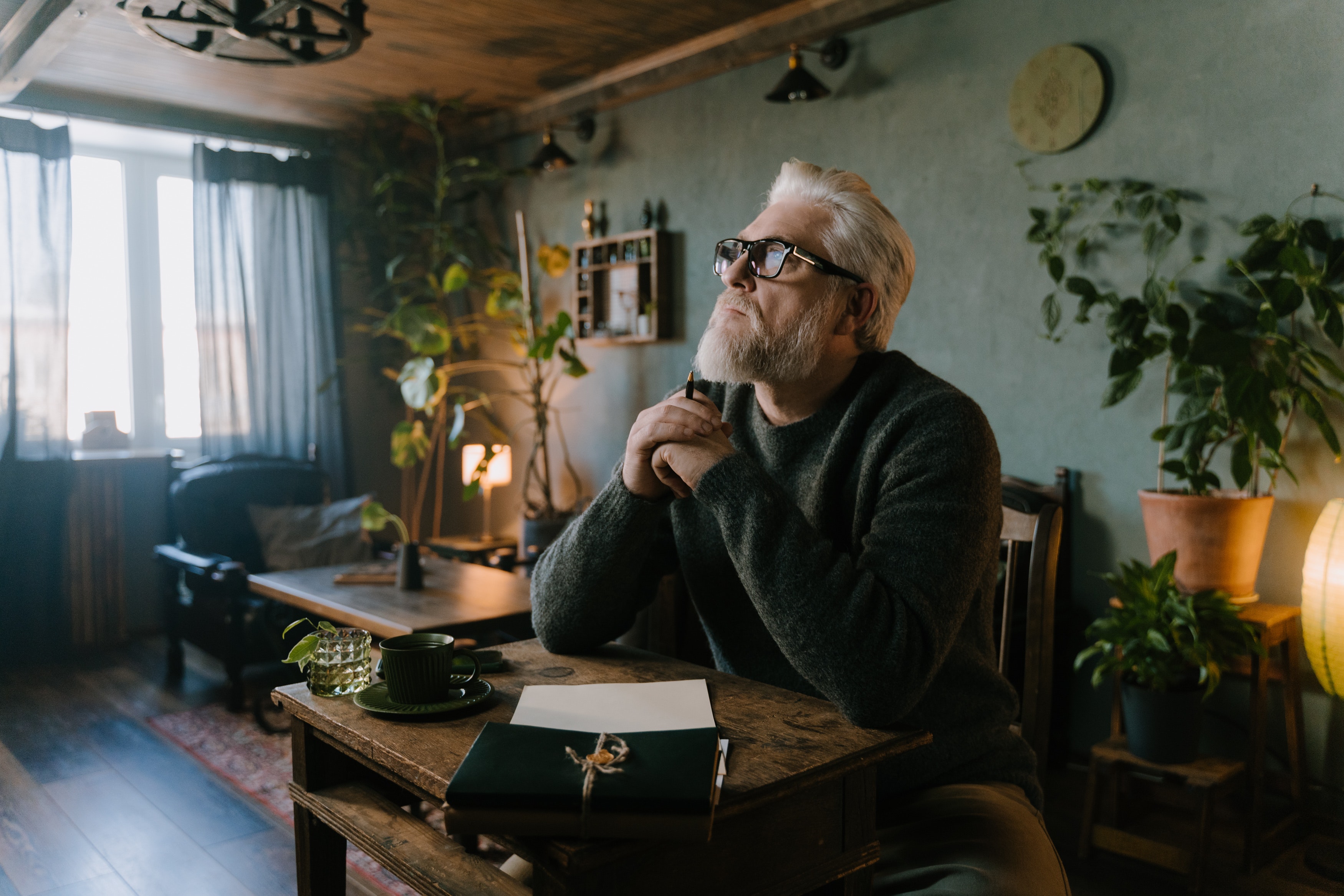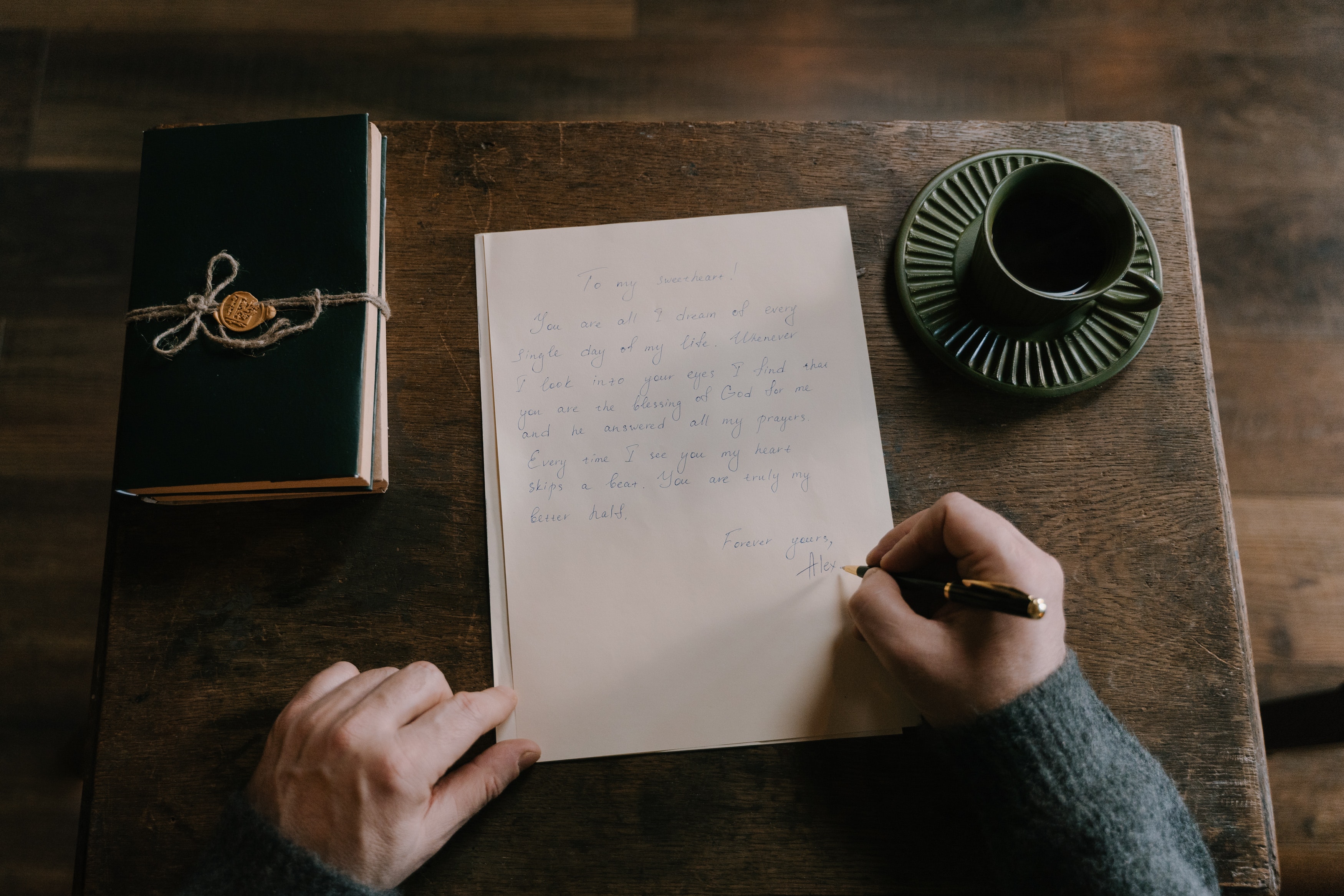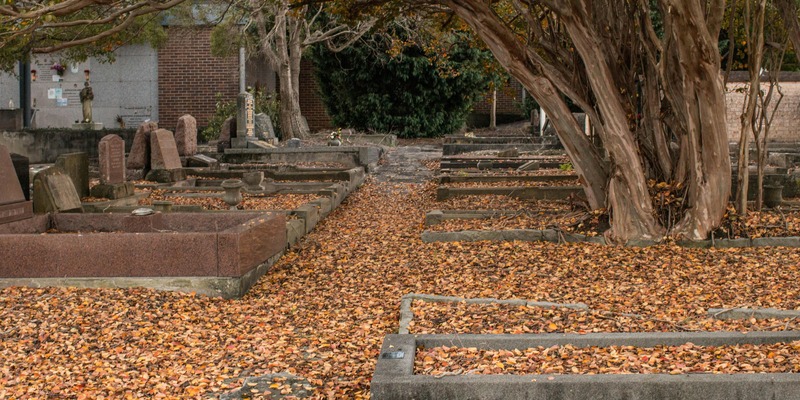For centuries, storytelling has provided an emotional connection with our ancestral past. Writing your life story and sharing a piece of life history provides context about those who came before us, to help us learn about their values, traditions, achievements and life lessons. Storytelling can be truly powerful because it allows us to share our history, traditions and values with children of today and in the future, and to leave a legacy. If history is written down or recorded, it can help others deepen their roots, transcend time, understand their ancestral values and influence the future. Writing a life story also ensures history is not forgotten as the years pass - long after we have left this earth. This article explains why writing your life story can be a valuable experience and how it is not as overwhelming as you might think.
Why you should write your life story
Life stories are an emotional and compelling way to help us to learn and reflect. The benefits of writing about your life are immeasurable. Writing your story gives perspective and purpose to your life. You will begin to understand yourself better than you ever have before. You can come to clarity about your life and find answers to some life questions.
Additionally, hearing about other people's experiences can also help future generations to understand what we have learned, so that they may apply it to their lives. As a result of writing your life story, you are leaving a legacy - regardless of how small or large - for those you love and who come after you. As wellness professional Dr Andrew Weil says, legacy writing links us to your history, gives purpose to our daily life and increases our wellness. The insight you have gained while reflecting on your life’s journey can also impact the behaviours of the next generation. Your story will help your descendants in understanding who you are, who they are, and where you all fit in your family tree.
But if the story ends with us, nobody will ever know our legacy or be able to learn lessons from our ancestral past.

Everybody has a story to tell
Your life story is yours. It is unique. And it is important.
No one has experienced exactly what you have or learnt the life lessons you have gained over the years. That’s why your life is of value and worthy of recording. The lessons you have gained through your life are worthy to be shared with others.

No matter how boring a person may think their life is, everyone has a life story to tell and a legacy to leave, says Bare’s Head of Customer Experience, Daphney Adams. A self-professed “big history nerd”, Daphney is passionate about life history and social history. “What I love about history is not wars or leaders - but people. I love the intrinsic value of life stories,” says Daphney, who is currently chipping away at a Masters of History. “I think it’s so sad when someone spent their life on this earth and it’s gone. But if they leave their life story behind, the living can find value, purpose and meaning in their life.
”Family history and traditions shape future generations and instil values and meaning in our lives. So Daphney encourages people to learn from older generations and record their life stories, or write down their memoirs to leave to the next generation. “People often say ‘I’ve had a boring life. I have nothing to tell’. But everything and everyone has lived this life that’s so unique and there’s so much to learn from it.“People don’t volunteer information. Kids might say ‘Mum never told me that’, but that’s because they never asked. Just ask about their life and you’ll get them opening up. One topic leads to the next."

How to write your life story
Knowing where to begin can feel overwhelming, Daphney admits. But she urges people to just start getting something down. “People can feel overwhelmed by writing a life story, but every phone has a record button. Just record it and work out what to do with it later. You don’t want it to be too late.
"A good place to start is by simply asking open-ended questions about life (either your own, if you’re writing your life story, or a loved one's life). Often that is all you will need to get the words flowing. If you're writing another person's life story, you’ll usually find they will start opening up too.
Some questions to help kick things off might include:
- What does your name mean to you and why was it chosen?
- What was the world like when you were growing up?
- Where have you lived?
- What were you like as a child?
- What did you love?
- What were your parents like? What did you learn from them?
- Describe your family heritage, culture or traditions.
- Did you have any pets?
- Where did you go on holidays?
- Did you have a favourite book or author?
- What was your first memory?
- Who were your friends and what did you get up to?
- What was school and the teachers like?
- Did you continue on with formal education?
- What were your career goals? Did you achieve them?
- What were your best and worst jobs?
- What did you dream of when you were a child? Have you fulfilled them?
- Describe the time you first fell in love? How did past relationships change you?
- If you were married, describe your wedding day.
- What lessons did you learn from your partner(s)?
If you have children:
- What have you loved most about being a parent?
- What has parenting taught you, and what have your kids taught you?
- What inspired each of their names?
General questions about life:
- Looking back, what joys have you had?
- Do you have any regrets?
- Who has been influential in your life?
- What lessons have you learned?
- Did you experience hardship? How did that change you?
- How has your health impacted your life?
- Explain any religious or spiritual beliefs. Do you have a mantra?
- Were you impacted by any major world events? (You might talk about COVID-19)
- What have you learned from your life?
- What has surprised you?
- What words of wisdom do you have for future generations?
“The intention here is to preserve your values, stories, wisdom and blessings," Daphney says.
Leaving a legacy
When it comes to her own legacy, Daphney hopes to be remembered as someone who made a difference to individuals on a personal level.
“It’s all about simplicity. I want to be an influence in people's lives - my children and anyone else I encounter. Nothing big and grand, but when you can impact one person’s life, to change their life for the better, that’s more important than a big-scale influence,” she says.
Daphney has already started to leave her legacy to the next generation with her mantra of GKC: “Be Good, Be Kind, Be Careful”. It was a philosophy instilled by her late mother, which she tells her own children every day, to inspire them to live their best lives.
As you reflect on your life’s journey, it may be an opportune time to plan for your end-of-life journey. A pre-paid funeral with Bare allows you to have a say in the legacy you will leave and how you would like to be remembered or celebrated when the time comes. Learn more at bare.com.au or give our prepaid concierge team a call on 1800 202 901.
Disclaimer: This article provides general information only and does not constitute professional advice. Please consult a qualified expert for guidance specific to your situation.







%20(1).png)